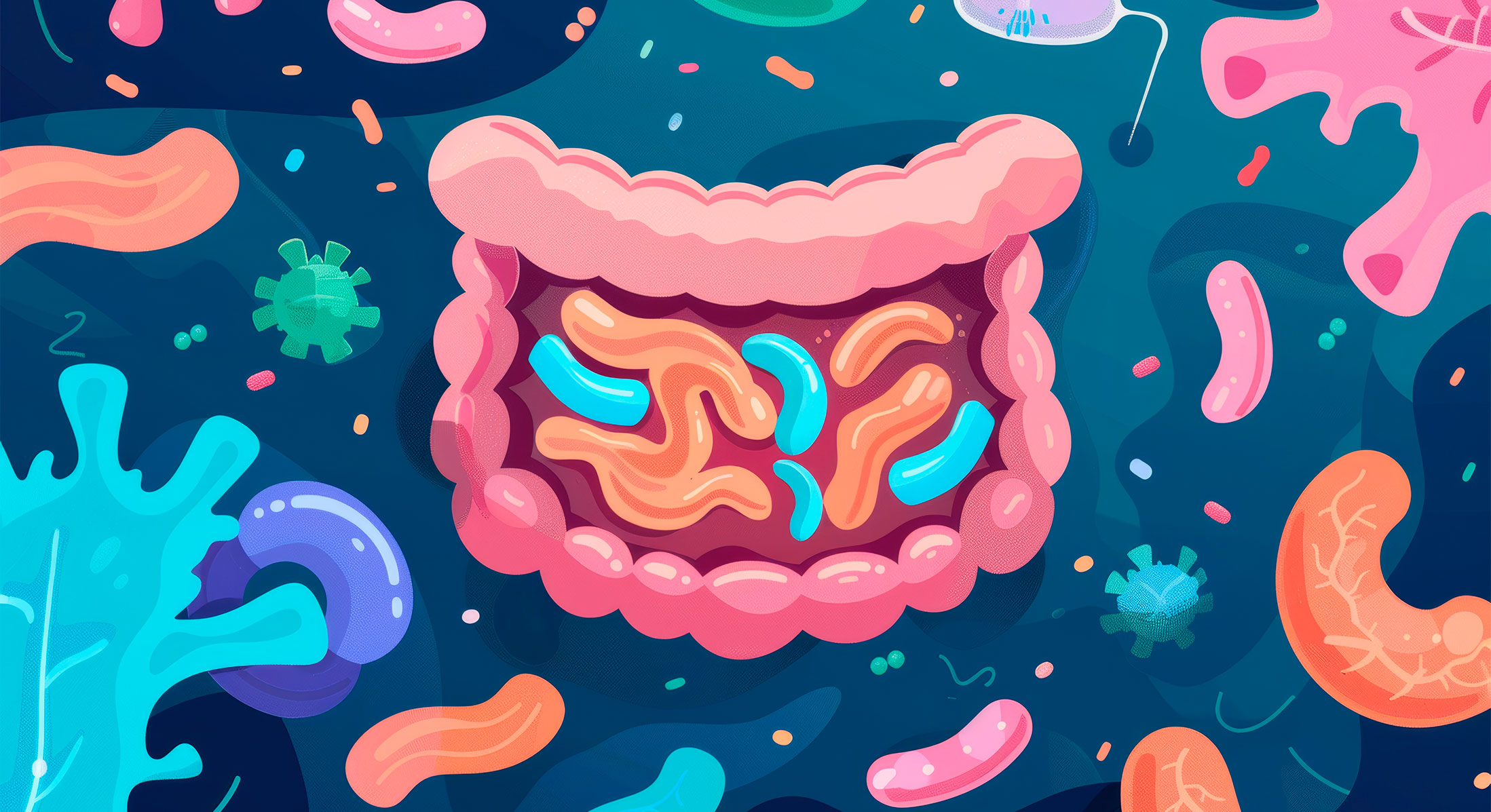A groundbreaking study has revealed a compelling connection between the gut microbiome and mental health, suggesting that the composition of our gut bacteria could play a significant role in improving mental health outcomes. This research highlights the intricate relationship between the gut and the brain, offering new insights into how our digestive health may influence psychological well-being. The study, conducted by a team of researchers at a leading medical institution, explored how variations in the gut microbiome affect mental health conditions such as anxiety, depression, and stress. By analyzing the gut microbiota of participants and correlating it with their mental health assessments, the researchers discovered that individuals with a more diverse and balanced gut microbiome reported better mental health outcomes compared to those with less diverse microbiota. This correlation suggests that a healthy gut microbiome may contribute to a more resilient and positive mental state. Central to this research is the concept of the gut-brain axis, a bidirectional communication system between the gut and the brain.

The study found that certain beneficial bacteria in the gut produce neurotransmitters and other bioactive compounds that can influence brain function and mood regulation. For example, probiotics, which are live beneficial bacteria, have been shown to produce serotonin, a neurotransmitter often associated with feelings of happiness and well-being. Conversely, an imbalance in gut bacteria, or dysbiosis, may contribute to inflammation and stress responses that can negatively affect mental health. One of the key findings of the study is that dietary changes and probiotic supplementation can positively influence the gut microbiome, leading to improved mental health outcomes. Participants who adopted a diet rich in fiber, prebiotics, and fermented foods, or who took probiotic supplements, demonstrated noticeable improvements in symptoms of anxiety and depression. This suggests that modifying one’s diet and incorporating gut-friendly foods may offer a practical and natural approach to enhancing mental well-being.
The study also underscores the importance of maintaining a balanced and diverse gut microbiome through lifestyle and dietary choices. Researchers recommend incorporating a variety of plant-based foods, reducing processed food intake, and including fermented foods such as yogurt, kefir, and sauerkraut to support a healthy gut environment. These practices not only promote digestive health but may also contribute to better mental health outcomes. Overall, this research offers a promising perspective on the role of the gut microbiome in mental health, emphasizing the potential for dietary and lifestyle interventions to positively affect psychological well-being. As science continues to uncover the complex connections between gut health and mental health, this study paves the way for future investigations and potential therapeutic approaches that harness the power of the microbiome to support mental wellness.
